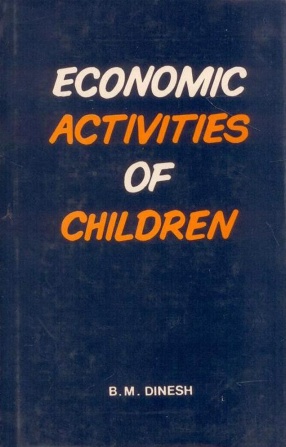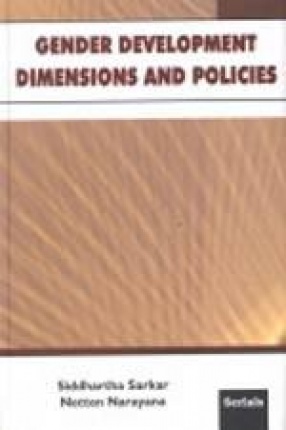The theme for this work is rooted in the micro economic theory of fertility as the starting point for considering the contribution of children to the household economy in a rural setting. The study focusses on the limensions, causes and consequences of economic activitie of children. It has also attempted to study the compatibility of schooling and work and understand the parents perception of the importance of the economic contribution of children. For the purpose of analysing the causes of child work participation a bivariate classification of children has been made by taking the percentage of children in each work-school status category by background variables such as land ownership education, number of siblings, caste and religion, etc. The economic contributions of children have to be understood in terms of current and future utility to their parents. The findings indicate that current and future utility vary by their school-work status and have very important implications on the decision making of couples. Also the findings of the study suggest that any policy measures to improve the schooling rate of children, particularly in the rural areas of the country, should take into account the current to their parents discounted for the future.
Economic Activities of Children
In stock
Free & Quick Delivery Worldwide
reviews
Bibliographic information
Title
Economic Activities of Children
Author
Edition
Reprint
Publisher
Daya Publishing House, 2018
ISBN
9788170350408
Length
xv+151p., Tabls.
Subjects





There are no reviews yet.